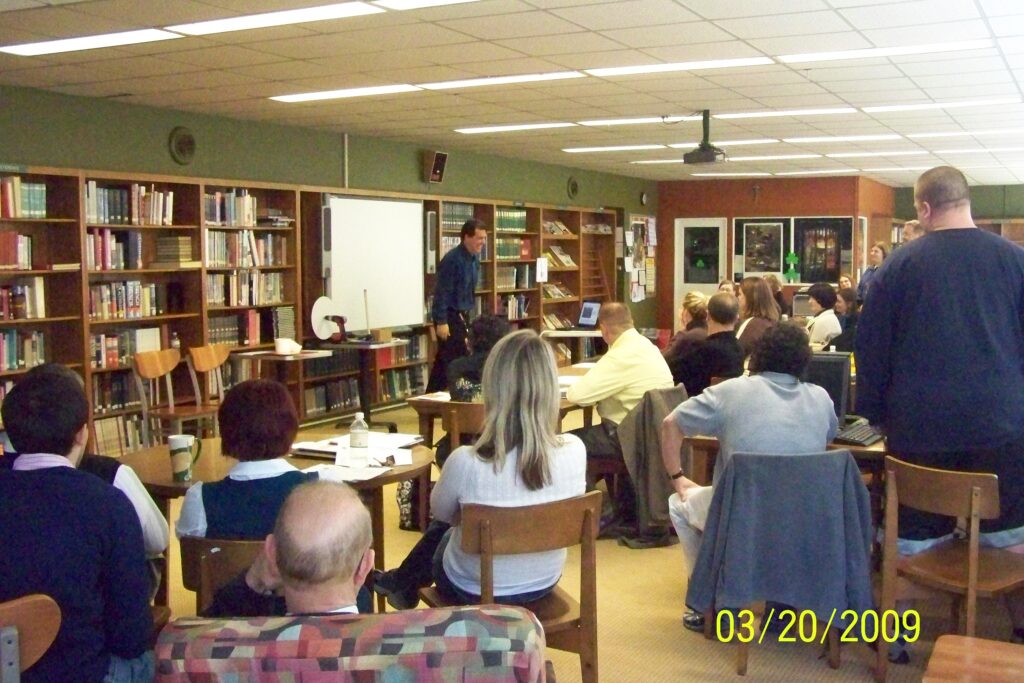
Effective Bullying Intervention Strategies
Bullying in schools is a serious issue that can have lasting effects on children. Both victims and bullies can experience significant emotional and psychological challenges. To combat this problem, it’s crucial for schools and parents to work together to implement effective bullying intervention strategies. These strategies should focus on creating a safe environment for students where kindness and respect are the norms.
One of the most effective strategies is to establish clear rules against bullying. Schools should have a strong anti-bullying policy that is communicated to all students, staff, and parents. This policy should outline what constitutes bullying, the consequences for such behavior, and the steps students should take to report bullying incidents. When students understand that bullying is not tolerated, they are more likely to seek help when they see or experience it.
Engaging students in discussions about empathy and the impact of bullying can also make a significant difference. Schools can promote programs that teach emotional intelligence, helping students understand their own feelings and the feelings of others. Activities such as role-playing and group discussions can encourage students to put themselves in someone else’s shoes, fostering a culture of compassion.
Involving parents is equally important in preventing and addressing bullying. Parents should be educated about the signs of bullying, enabling them to recognize when their child may be involved, whether as a victim or a perpetrator. This awareness allows parents to address the situation promptly and effectively. Encouraging open communication at home can also help children feel comfortable discussing their experiences with bullying.
Another key strategy is to provide support for students who have been bullied. Schools should create safe spaces where victims can talk about their experiences without fear of being judged. School counselors can play a vital role by offering guidance and support, helping students develop coping skills and rebuilding their self-esteem.
Additionally, by empowering bystanders to speak up, schools can leverage the influence of peers to combat bullying. Bystander intervention programs train students to intervene safely when they witness bullying, reinforcing the message that bullying is a community issue that requires collective action. Encouraging a united front against bullying not only helps the victims but can also deter future incidents.
Finally, regular assessment and evaluation of bullying prevention efforts are essential. Schools should actively seek feedback from students, parents, and staff to determine what is working and what needs improvement. This ongoing process ensures that anti-bullying strategies evolve to meet the needs of the student body.
In conclusion, effective bullying intervention requires collaboration between schools and parents. By establishing clear policies, engaging students in discussions about empathy, involving parents, providing support for victims, empowering bystanders, and regularly evaluating interventions, we can create a nurturing school environment. Together, we can address bullying and promote a culture of respect and kindness.
#BullyingIntervention #SchoolSafety #EmpathyInEducation #SupportForVictims #AntiBullyingStrategies #ParentEngagement